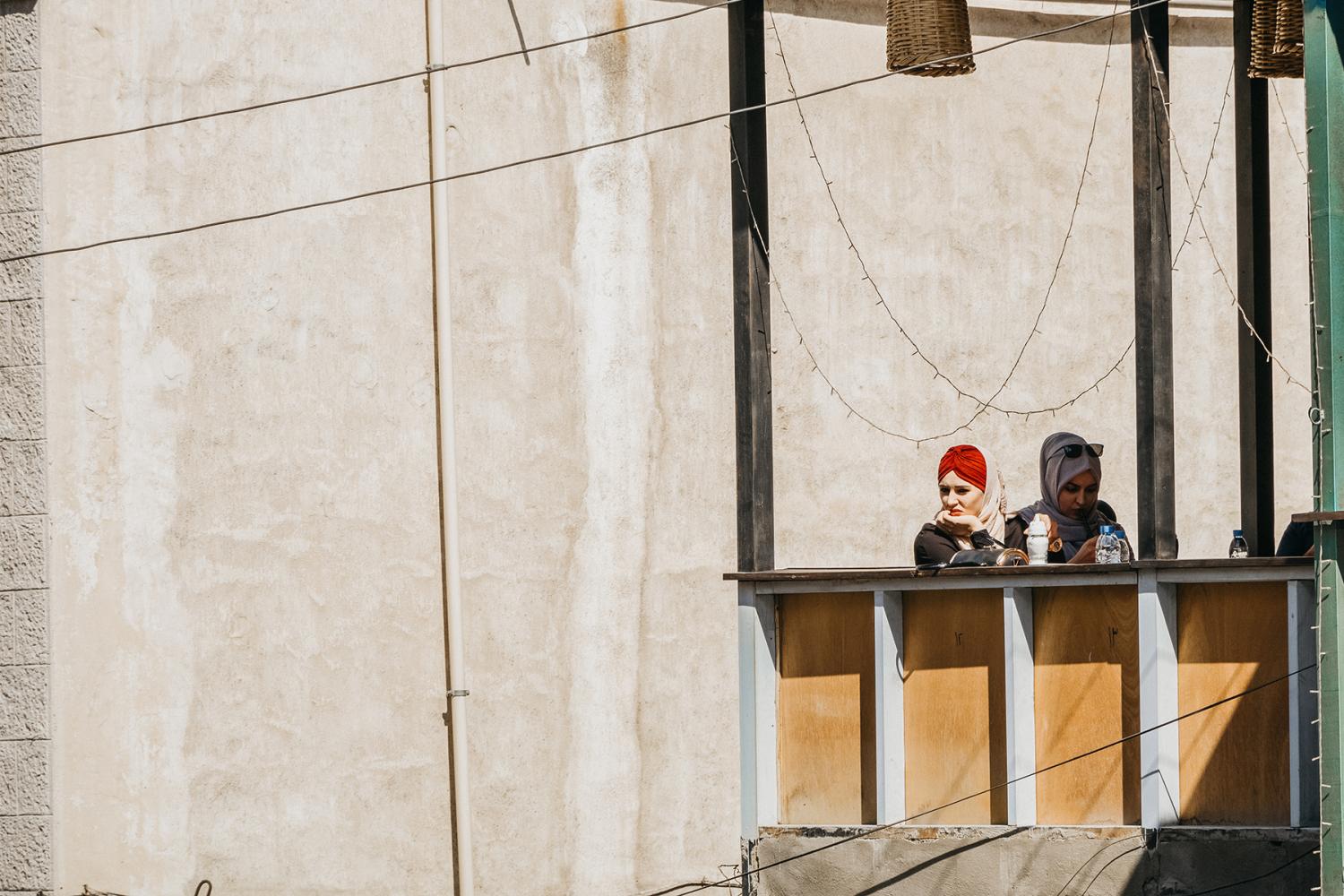2020 is anything but the year we expected it to be. As the COVID-19 pandemic sweeps the world, the global death toll stands at 126,000 (13/4/20) and countries continue to lockdown their communities and borders. Unemployment is beginning to sky-rocket and families now find themselves working from home while juggling the education of their children, alongside all the pressures of holding down a job. Public gatherings have been restricted and all non-essential travel has been banned.
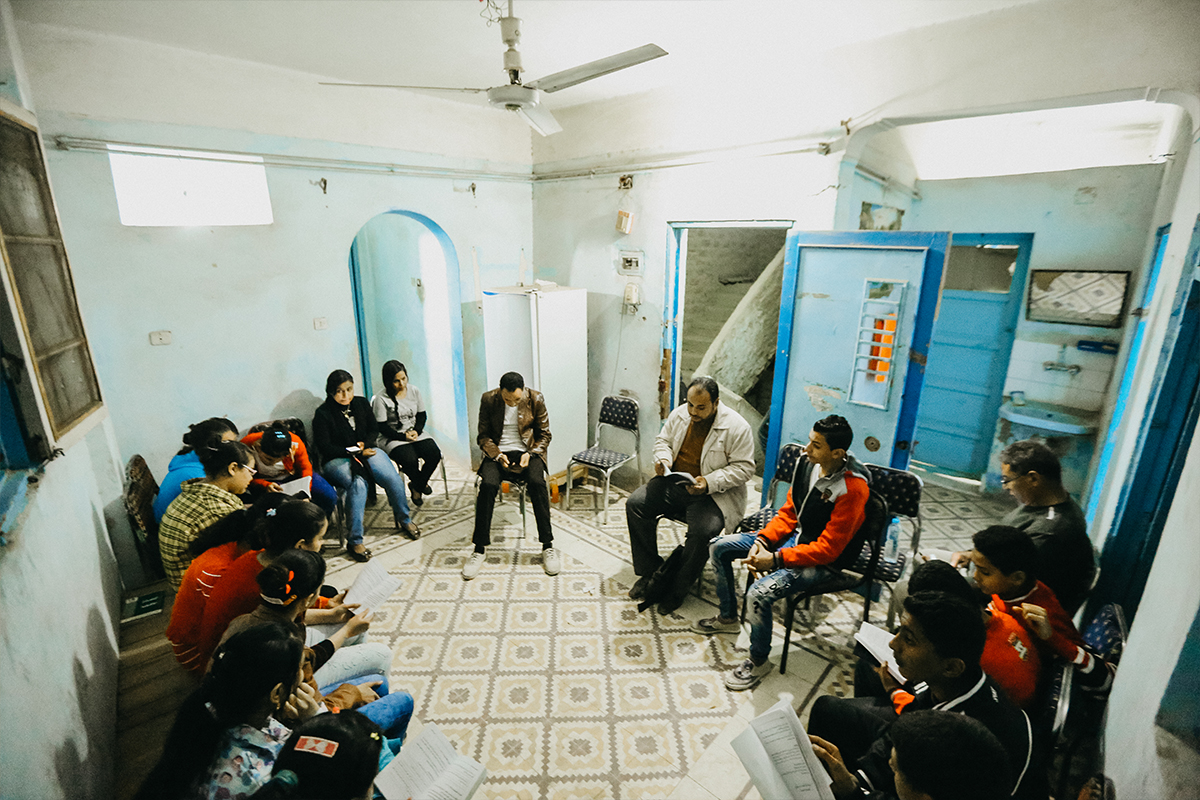
Image: A house church gathering, Egypt.
These restrictions have also affected the institutional church as we know it. The restrictions on public gatherings and indoor gatherings have all but closed the church. But what have we seen happen when the church is closed? What have we seen with the church forced into homes?
At the height of persecution in China during the 1950’s and 1960’s the church that we normally experience existed, as people met centrally and worshipped together. But the increasing persecution under Communism scattered the church and almost overnight, forced a move from a centralised church structure to a decentralised one.
One believer in China said to us,
“After the 1960’s we practiced Christianity in Churches and hardly anywhere else. After we were scattered, we practiced in our homes and therefore everywhere else.”
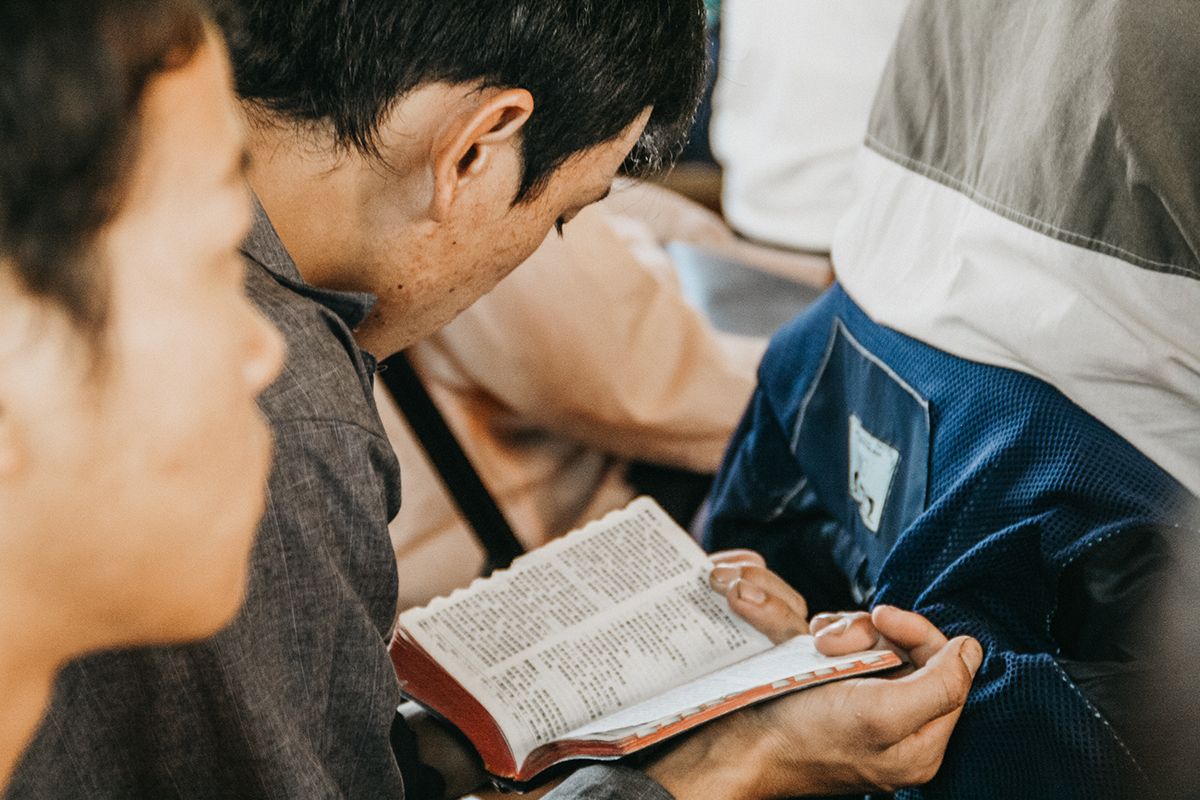
Image: A man reads the bible at a house church gathering, China.
When the church is forced into homes, we often see two things happen;
1. Power shifts downwards
Overnight, people find themselves as pastors, leaders and teachers, having never held that role or responsibility. The power shifts from a hierarchal sole Pastor model to a flat model whereby everyone inherits their own church overnight. People become Pastors of their own families.
2. The gospel reaches outwards
The gospel often reaches out and explodes in these communities because cities and suburbs that have never before had a church, now have one. Under communism we saw neighbourhoods and streets full of people desperately seeking connection and community in the face of loneliness and isolation. This is eerily similar in the practical outworking of the isolation we now face.
People are seeking a place of belonging, fellowship and community and the house church is the perfect place for this. So, in a round-a-bout way the gospel reaches out, giving people who don’t know Jesus a place to come and find community in the face of communism or isolation.
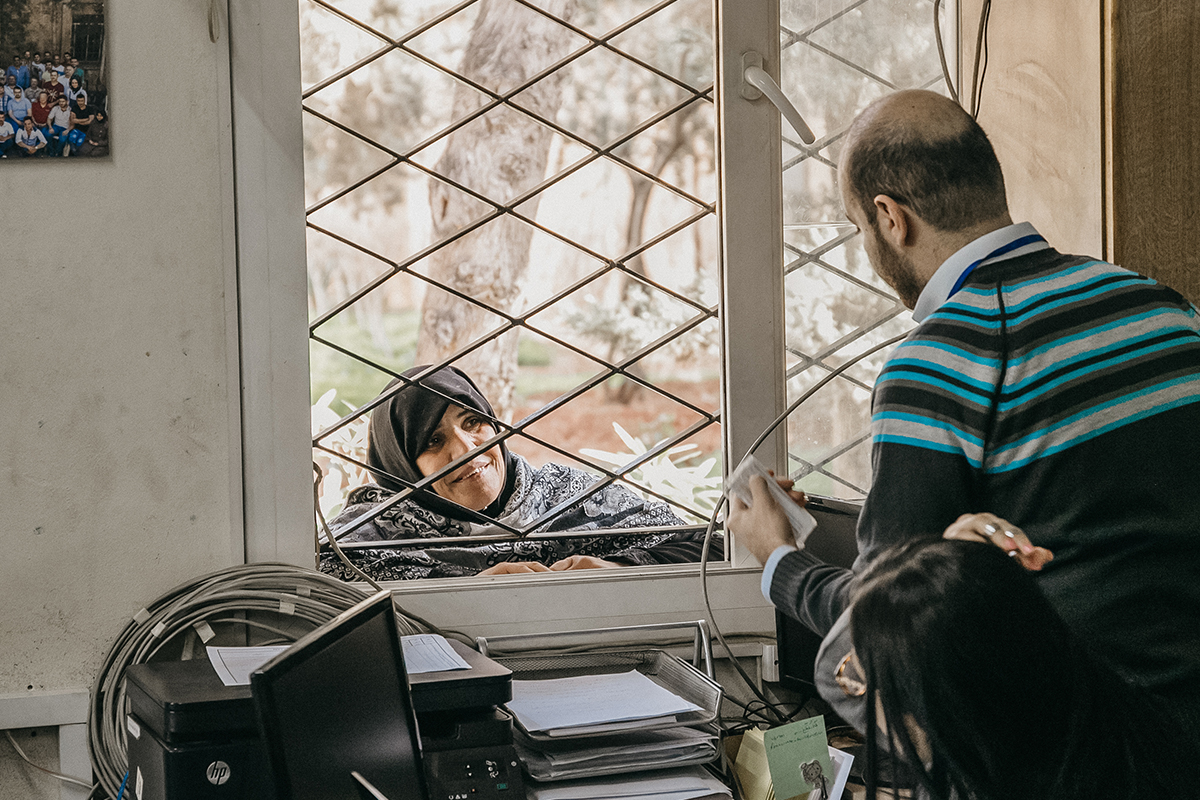
Image: Woman speaking to her neighbour through the window, Syria.
Could it be that the isolation we’re now facing is the kickstart our faith desperately needed? A modern-day Great Commission, scattering the believers and forcing the gospel to reach streets, neighbourhoods, cities and communities it otherwise never would have?
This isolation in society and culture isn’t a noose around the churches neck like some people are saying. It’s a ‘hand on the back’ from the Lord, pushing us outwards imploring us to share Jesus with those around us. We’re being asked to stop keeping faith to ourselves, having only ever been
concerned with ensuring our salvation, but not that of our neighbours.
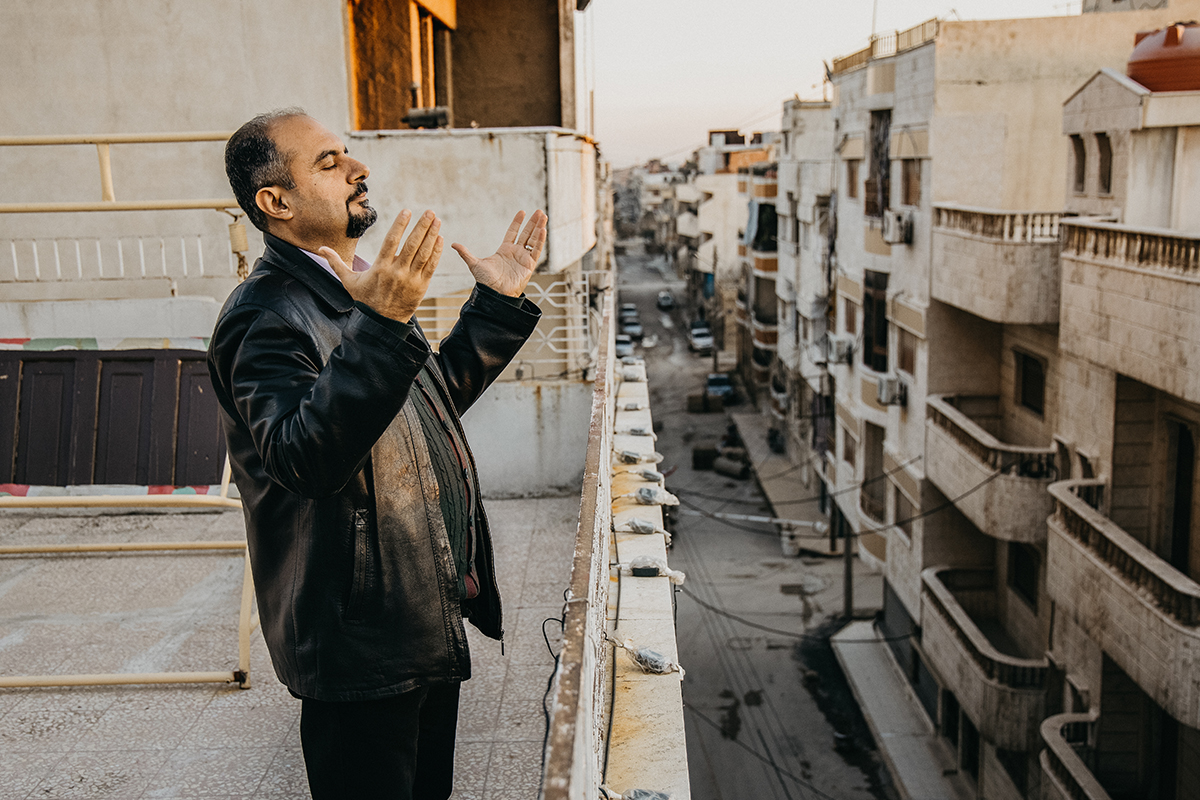
Image: A man on his rooftop, praying for his city, Syria.
I guess the key now is to learn what it means to overcome fear, grow courage and learn to see that as the scriptures say:
